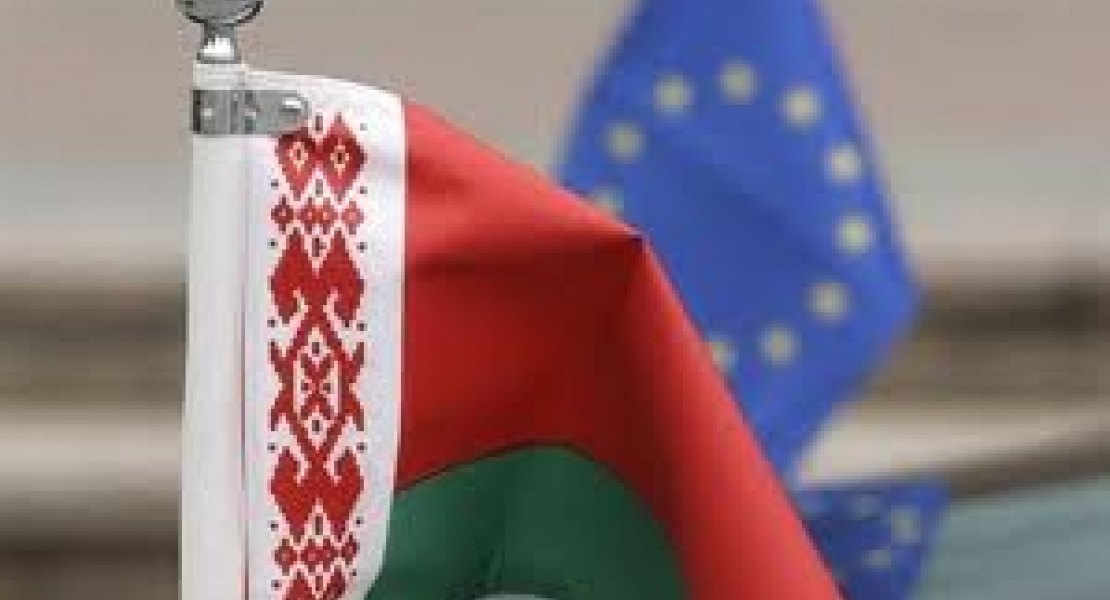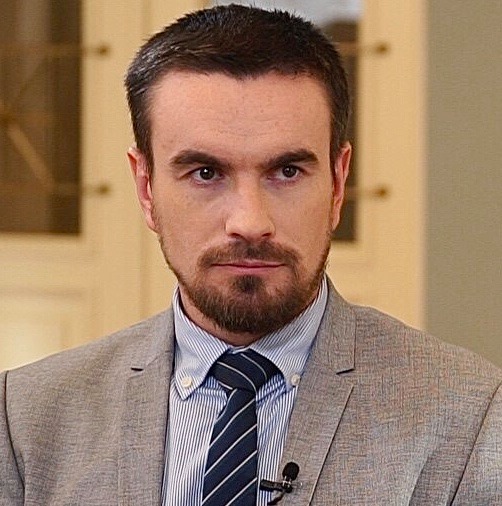Discussions have reemerged about the efficiency of the EU’s Eastern Partnership (EaP) program and ways to reform it in run-up to the third EaP Summit. The Summit can serve as an effective tool for Belarus to resume political relations with the EU if the country’s leadership is ready for goodwill gestures and if Brussels shows patience and comes up with attractive incentives for cooperation.[1]
Modest accomplishments of the EaP
Having set a goal of bringing six post-Soviet countries closer to the united Europe and helping them with reforms, the EaP initiative was a definite breakthrough in external policies of the EU. However, regardless of some progress in visa issues and negotiations on deep and comprehensive free trade agreements, the partner countries have hardly moved towards ambitious goals of the EaP during the last four years. Ukraine, Georgia and Moldova – all originally seen as champions of the Eurointegration – have been demonstrating setbacks in reforms during the last year, something irritating Brussels and putting new agreements to deepen the integration with the EU into a question.
What went wrong?
The European Neighborhood Policy was at the time criticized for its homogeneous approach to all neighboring countries with no consideration of regional and country peculiarities. Supposed to correct this shortcoming, the EaP has actually reproduced it on a smaller geographical scale.
The six EaP countries are divided by at least three characteristics: they represent two different and weakly interconnected geographic regions (Eastern Europe and Southern Caucasus); they differ by a degree of willingness to integrate into the EU and, correspondingly, by their degree of readiness for reforms; EaP countries represent different political regimes: democracies, hybrid and authoritarian systems.
Regardless of the differences, the countries of the region are offered, in general, the same set of tools for cooperation and motivation, something provoking immediate criticism from certain partner countries. Naturally, the transformation potential of the EaP proved much higher for aspirant countries (Ukraine, Moldova and Georgia), as compared to countries that are not aiming at the EU membership. However, even for these countries approximation with the EU was associated with major challenges for domestic political stability. And this is a reason behind fairly modest results of reforms.
For countries that are not willing to join the EU, the conditionality approach does not fully work, since it does not ensure sufficient stimuli for transformation. Metaphorically, the EaP is on the fence between two EU policies: that of expansion and an external one (the latter being in infancy).
The declared but de facto not respected values of relations with the partner countries constitute another large problem for the EaP (as well as the whole EU’s foreign policy). The EU reviewed its neighborhood policy (ENP) in 2012, introducing ‘more for more’ concept. Applied also to the EaP, the concept meant more support to neighboring countries if they demonstrate progress in reforms. Nevertheless, Brussels is inconsistent in its policies vis-à-vis neighbors, primarily because of geopolitical and economic considerations. For example, the EU continues providing support to some countries, even if they do a poor job on their reform commitments, and introduce restrictive measures against others, if they appear less important for Brussels. Political prisoners in Belarus served a reason for sanctions against officials and enterprises, while political prisoners in Ukraine, Azerbaijan and Russia do not constitute a ground for the EU to at least limit high level contacts.
The contradiction between the geopolitical rationality of the European policy and the pro-democratization idealistic rhetoric of European politicians undermine both the EaP tools (e.g. the ‘more for more’ concept) and the image of the EU as a global player in general. Post-Soviet autocrats find many similarities between this contradiction and their own practices, becoming even more assured that neither demands nor tough statements of Brussels should not be taken too seriously.
Belarus in the EaP: expectations and reality
The Belarusian government was enthusiastic about the EaP at first; it joined the Prague Declaration and positively covered the new EU initiative in state media. But interest of Minsk in the EaP faded away later. Today, no activities are taking place in the framework of the initiative, except for some flagman projects. What stands behind the dissatisfaction of Minsk?
First, the overall deterioration of political ties between Minsk and Brussels after the Presidential elections’2010 significantly influenced the cooperation in the EaP. The EU has resumed practices of coercive diplomacy towards Belarus (limited contacts, sanctions against officials, journalists and private businesses), something seen by Minsk as an attempted interference in internal affairs and a policy of double standards. Still, it is by far not the only reason.
Second, Minsk did not get what it expected from the EaP, namely the promised macro financial assistance and funds for infrastructural projects in multilateral dimension. The European Commission has never responded to joint proposals submitted by Belarus, Lithuania and Ukraine. What came as a response was a demand to comply with political requirements as a condition for further cooperation.
Third, Belarus has never become a fully institutionalized participant of the initiative and, as a result, still feels discriminated. Belarus cannot participate in the bilateral dimension of the EaP, since the policy covers Belarus only partially; Belarus is excluded from the interparliamentary cooperation (Euronest) because of the non-recognition of the Belarusian parliament, though e.g. Azerbaijani MPs participate in the Euronest regardless of electoral problems in their country; Belarus is not represented at the highest political level at the EaP summits, contrary to other partner countries.
What to do with Belarus?
The Belarusian government is not expecting something extraordinary from the upcoming summit: they would definitely like an invitation at the highest level, no preaches on human rights violations in the country, and initiatives for more pragmatic cooperation. In current conditions, one can hardly expect breakthroughs in Belarus-EU relations, even if the government meets the main provisionary condition of Brussels and releases the political prisoners.
One should note that Minsk is not looking upon ties with the EU as an alternative to those with Russia, and has never done so. Brussels is not capable of giving Belarus what Russia is giving: multibillion subsidies in exchange for demonstrative integration and assurances of everlasting friendship. What relations with the EU have always been for Minsk is an argument in negotiations with Moscow and a possible source of extra income and investments. This is why it is not realistic to expect the Belarusian government to limit its own powers in the country for modest suggestions of the EU in the framework of the conditionality policy. One should also admit that the EU has nothing to offer to Belarus today with a goal to stimulate quick reforms. So, goals should be adequate to opportunities.
Once political change occurs in Belarus, it will come as a result of a lengthy process of the society transformation, including the transformation of the elites. The EU can only make its contribution to this process at the current stage, by reaching out to the Belarusian society and rebuilding mutual trust with the government. The last point is very likely to be vital for effective work of the EU with Belarusian people. The experience of the EaP and the Dialogue on Modernization has clearly demonstrated this. Therefore, doubletrack approach could be appropriate in EU’s relations with Belarus, but with a different meaning from what is usually meant by this term: on one hand, political relations with the government should be halted down, something that will also broaden opportunities for civil society’s activities in the country; on the other hand, communication with the Belarusian society must be reinforced by using every chance to facilitate programs for people-to-people contacts, educational and academic exchange, and, in a degree possible, to unilaterally liberalize procedures of issuing Schengen visas to Belarusian nationals. This could be a way for the EU to simultaneously pursue two goals: to socialize the Belarusian society and elites without pushing Belarus further to Russia’s grasp.
In general, the EU needs to regain trust for the ‘more for more’ concept at the level of the EaP, by adding transparency and consistency to it. Conditionality policy must also be reconsidered by offering partner countries different sets of incentives for transformation with a view on their foreign policy aspirations and internal realities. With these conditions met, the Summit in Vilnius can provide a new substantial momentum for EU’s Eastern policies rather than a mere display of another failure of one more European foreign policy initiative.


